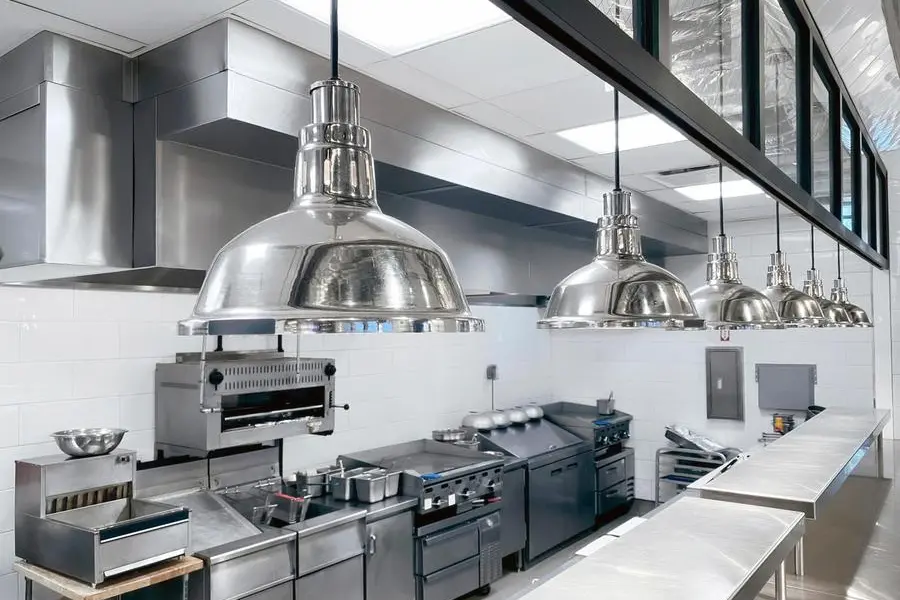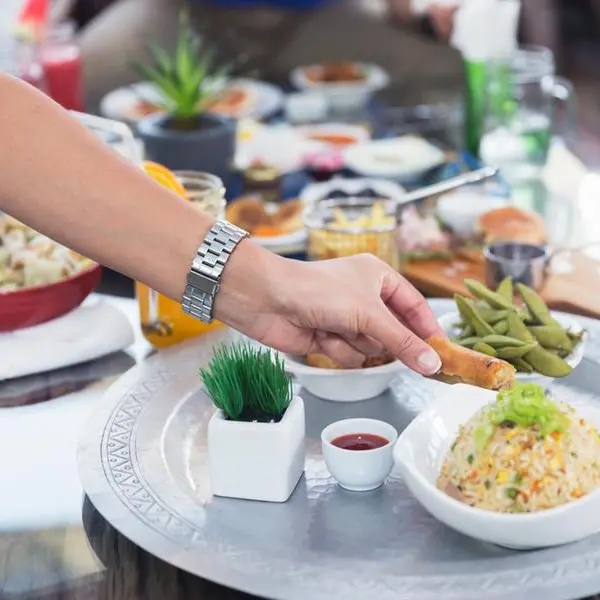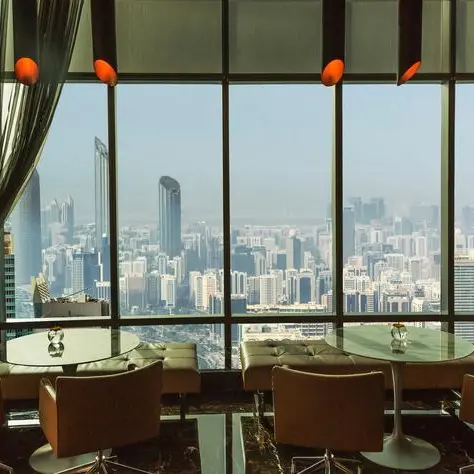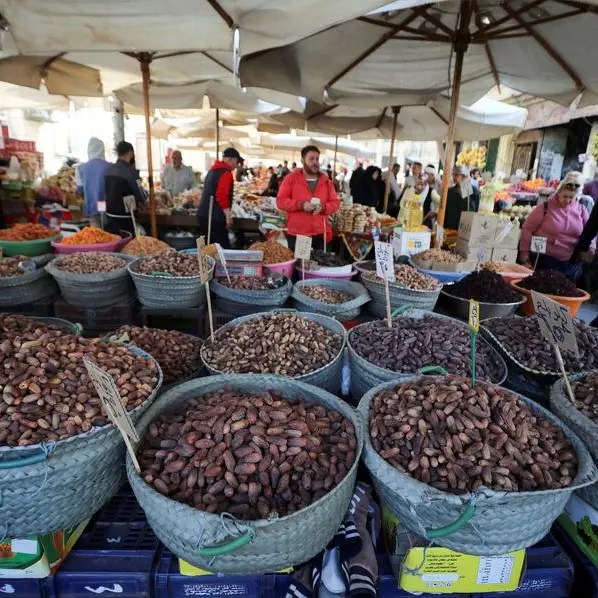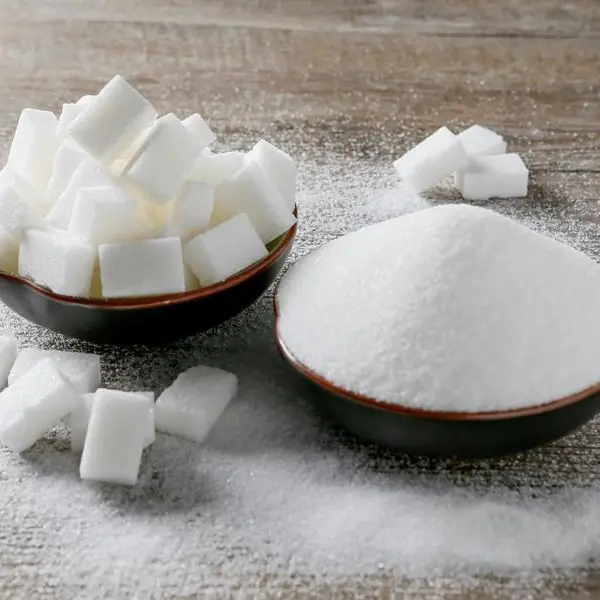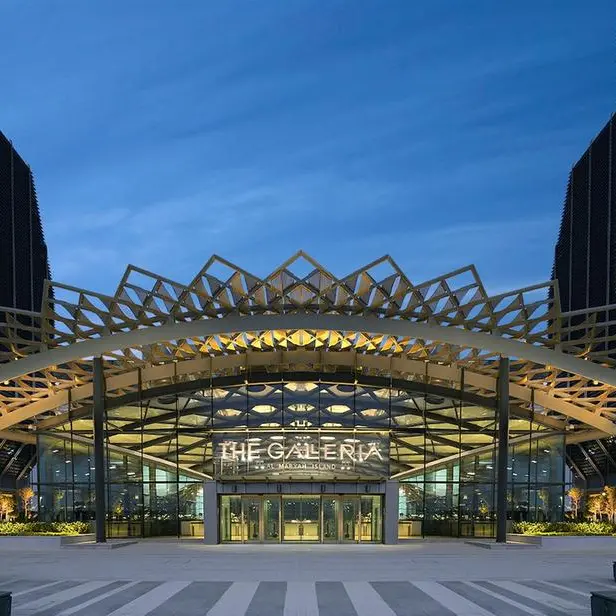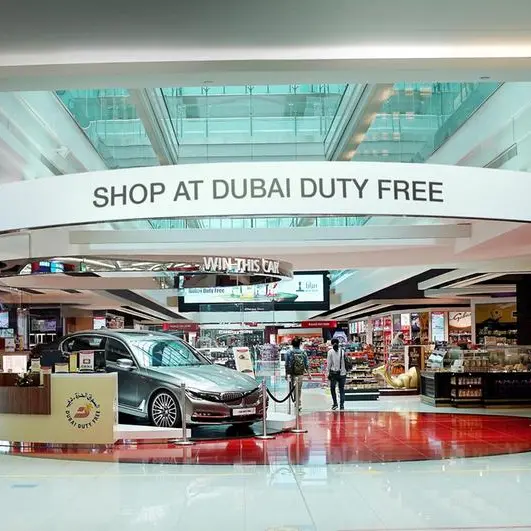PHOTO
Cloud kitchens have been a lifeline for restaurants over the pandemic, offering operational continuity and ensuring cash flow. But the explosive growth accompanying new eating and ordering routines has also led to issues around quality and consistency in the face of evolving business conditions.
“During the COVID-19 lockdowns, cloud kitchens exploded 100-fold as a business entity for the F&B industry. Deliveries enabled us to survive during the pandemic,” said Spero Panagakis, co-founder of UAE-based restaurants BB Social Dining and Philotimos Meze & Grill and the retail brand Soule Soups.
Like many others around the world who were forced to close their doors to dine-in customers, the group expanded its delivery business, tying up with a cloud kitchen to help with food production.
Cloud kitchens are commercial food production facilities that focus on delivery or takeout. They typically have no dine-in customers.
Panagakis says that the cloud kitchen he works with, featuring top-class conditions and facilities, aligns with his restaurant brands’ own best-practice business principles. Deliveries account for 10% of his restaurants’ business.
Before the company got there, however, quality issues prompted them to change partners a couple of times. One well-known supplier, Panagakis notes, didn’t even appear to be taking adequate precautions to deal with the country’s sweltering summers, despite strict agreements about operating criteria.
“Four months into the contract, in the heat of summer, food was being prepared in an environment where conditions weren’t up to our production standards,” he says. “So, to prevent the possibility of any health and safety risk to our customers, we decided to end the lease instantly. It’s not what we stand for as a brand to be able to support a cash-flow position while potentially harming customers.” (Panagakis did not share the names of the cloud kitchens for confidentiality reasons.)
$1 trillion Opportunity
Cloud kitchens could create a $1-trillion global opportunity by 2030, according to researcher Euromonitor International.
Along with eat-in, drive-thru, and other limited-services restaurants, cloud kitchens’ delivery and takeaway operations aggregated an estimated AED 11.6 billion in 2022, says Euromonitor’s senior research analyst, Monique Naval. Those volumes are expected to reach AED 12.1 billion in 2023.
“There was an increase in delivery and takeaway sales for restaurants in 2020 and 2021 due to the pandemic. 2022 marked more opportunities for dining in, with people willing and able to get together again for a meal. The change in consumer habits had a negative effect on cloud kitchens,” Naval says. She cites the example of the cloud kitchen unicorn Kitopi, which reportedly cut 93 jobs, or10% of its head office staff (about 1.86% of its global workforce) as foodservice dynamics returned to normal.
Home delivery sales in the UAE accounted for 36% of all limited-services restaurants in 2020, declining to 32% in 2021.
Food businesses must follow strict operating regulations in the UAE.
Efficiency as Standard
“Cloud kitchens by nature need to be extremely efficient to be profitable,” said Sanjay Vazirani, CEO of the Indian-born F&B company Foodlink Global, which brought its Art of Dum delivery brand to the UAE recently with the promise of a luxury experience at home for customers.
He listed some challenges cloud kitchens face in addition to the usual health and safety precautions. Teams need to be small, highly trained, self-sufficient, and able to operate out of small and often shared spaces.
In the UAE, specific challenges involve climatic conditions, transportation and logistics, and consistency (due to different preparation teams and uncertain ingredient availability).
“These challenges require a very thorough support and monitoring system to ensure the consumer receives restaurant-quality food every time,” Vazirani says.
He focuses on efficient space planning, packaging that is fit for purpose and sustainable, and trained staff who can keep up with high-demand periods or operate multiple stations during quieter moments. Each Foodlink kitchen works according to a standardised method, and machinery is regularly maintained and upgraded.
Finally, technology plays an important role, including integrated point-of-sale systems, inventory management to minimise waste, and data analytics to evaluate business trends and patterns.
While good food is undoubtedly important, being tech-savvy is paramount for success,” he added.
Meanwhile, UAE-based Maristo Hospitality runs Popeyes Louisiana Kitchen, Sisi’s Eatery, and Ralph’s Kitchen, a cloud-kitchen incubator. CEO Gaurav Arora says the group works actively to keep food standards high at all its venues.
Besides staff training and common quality control standards across its establishments, the group is A-graded by Dubai Municipality and Food Watch and also has the ISO 22000 international food safety management certification, Arora said.
Arora said that his biggest challenges come from third-party delivery channels.
“Although our packaging is stable and is made to withstand a variety of delivery-related issues, there are some external challenges that are out of our control.”
Tackling logistics requires ongoing conversations about feedback and efficiency conversations with his delivery partners, who he describes as among “the most prominent” in the market. “We have put trust in the external delivery resources, and with their partnership and commitment, quality issues are rare for us,” he said.
When an order arrives late or in bad condition, his team’s top priority is to solve the problem directly with the customer. Steps include refunds and replacements as well as addressing the issue with the delivery partner.
Doubling Down on Quality
For his part, BB Social Dining’s Panagakis has also doubled down on quality control measures.
Cutting the menu down to items that can travel seven kilometres meant withdrawing dishes that are best eaten right away, such as ceviche.
Sourcing the right packaging likewise plays an important role. Soule Soups items, for example, are packed in recycled and recyclable lightweight aluminium pouches using high pressure rather than heat for pasteurisation.
“We’ve taken every care to ensure the food arrives in the same condition as it left the kitchen, even though it might be jiggled around during transport,” he says.
Similarly, he and his team frequently audit cloud kitchen facilities to ensure production standards are on par.
“The bricks-and-mortar aspect has always been our core business. Having cloud kitchens was a great way of also supporting brand expansion yet without direct brand visibility apart from through the ordering platforms. We continue to support these platforms while ensuring there is no compromise on quality, operating conditions, or anything else,” he concluded.
(Reporting by Keith J Fernandez; editing by Seban Scaria)
